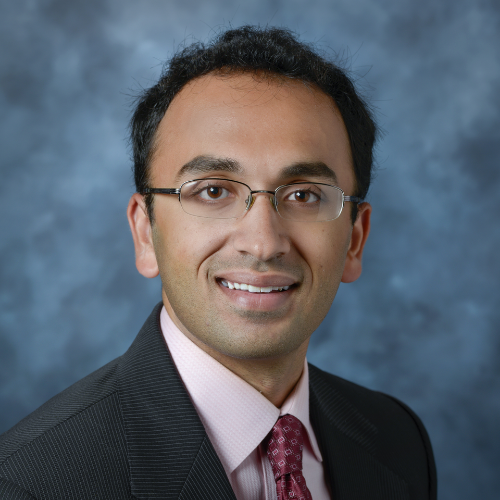Executive Series: The Role of AI in Transforming Children's Healthcare
Adopting new solutions not only streamlines processes but boosts staff engagement and patient satisfaction by refocusing skilled labor on patient care rather than auxiliary tasks.
In this episode, Omkar Kulkarni, the Chief Transformation and Digital Officer at Children's Hospital of Los Angeles, sheds light on the complexities of managing one of the top children's hospitals in the nation. With insights into CHLA's mission to defy financial gravity, Omkar details how the hospital navigates the challenges of delivering top-notch pediatric care and specialty services to a diverse, often underserved population. He explores how CHLA strikes a balance between maintaining operational efficiency and investing in technological advancements. Omkar reveals the groundbreaking use of AI in various hospital functions, from predicting patient no-shows to delivering medications via robots, ultimately improving patient access and economic outcomes.
Tune in to this episode for an inspiring look at healthcare innovation in action.
About Omkar Kulkarni:
Omkar P. Kulkarni is the first chief innovation officer at Children’s Hospital Los Angeles. In his role, Kulkarni is responsible for fostering innovation across Children’s Hospital Los Angeles's clinical and research enterprises – including launching an enterprise virtual care program, incubating and implementing new digital health tools and medical devices, and rallying communities inside and outside of the hospital to solve problems in the field of pediatrics – all with the goal of enhancing the experience and outcomes for the children and families Children’s Hospital Los Angeles serves. Kulkarni is also the founder and managing director of KidsX, a consortium-based digital health accelerator that is comprised of over fifteen leading pediatric hospitals from around the world.
Prior to joining Children’s Hospital Los Angeles, Kulkarni served as executive director of the Cedars-Sinai Accelerator powered by Techstars, where he helped build and launch the accelerator program. In that role, he evaluated over 3,000 healthcare start-ups and provided extensive mentoring, serving as the main liaison between the start-up community and Cedars-Sinai Medical Center. Kulkarni also led the performance improvement department at Cedars-Sinai for many years and has experience in financial process redesign at NewYork-Presbyterian Hospital. Kulkarni has a master’s degree in public health and health care management from Columbia University and a bachelor’s degree in business administration from George Washington University.
Things You’ll Learn:
- AI can predict patient no-shows and optimize scheduling, freeing up crucial appointment slots and ensuring resources are optimally allocated.
- Adopting new solutions not only streamlines processes but boosts staff engagement and patient satisfaction by refocusing skilled labor on patient care rather than auxiliary tasks.
- Beyond financial health, measuring access, clinical outcomes, and patient/family engagement provides a more comprehensive view of organizational success.
- The challenge of serving a diverse, multilingual patient population, many of whom are under the poverty line.
- How CHLA manages to provide top-tier clinical care, groundbreaking research, and education, all while "defying gravity" in the face of financial struggles.
Resources:



